(CLO) According to the latest report, famine in Sudan has spread to five regions and is expected to spread to five more regions by May. Meanwhile, military operations are hindering the delivery of humanitarian aid, leaving millions of people in dire food shortages.
The Integrated Food Phase Classification (IPC) Famine Assessment Committee has identified ongoing famine conditions in areas such as Abu Shouk and al-Salam refugee camps in the besieged North Darfur capital al-Fashir, and communities in the Nuba Mountains. Zamzam camp, where famine has been present since August, remains in a state of emergency.
The five-member assessment committee will examine and verify the famine findings made by technical analysts, which show that famine is expected to spread to five new areas in North Darfur and threaten 17 more areas across Sudan.
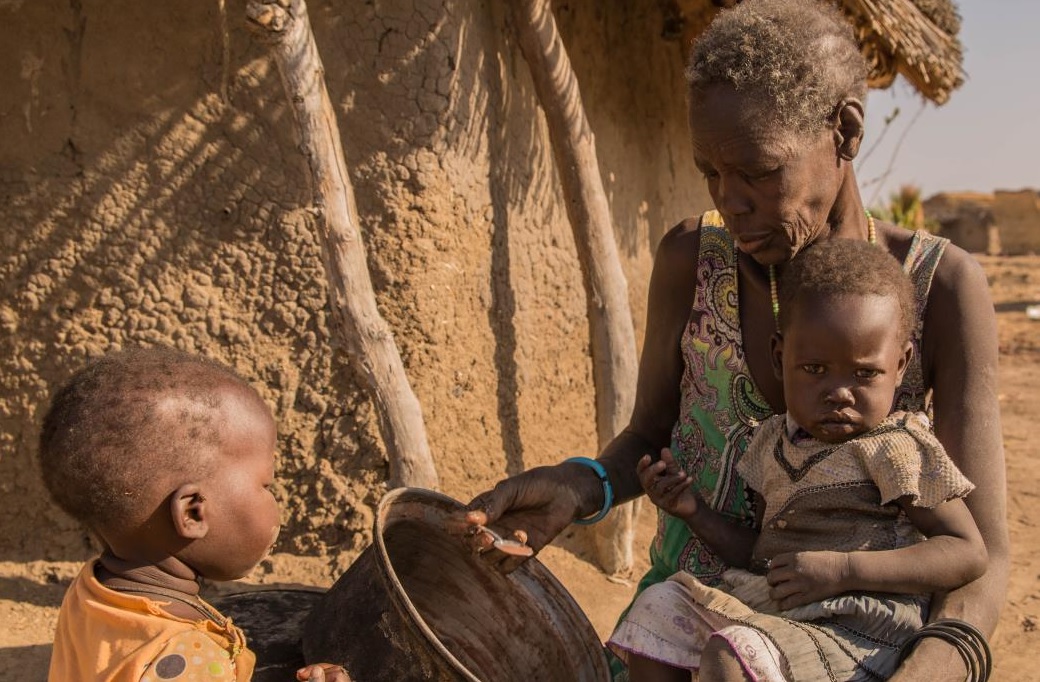
Famine is widespread in Sudan and many other parts of the world. Photo: FAO
The IPC estimates the number of Sudanese in need of emergency food aid rose from 21.1 million to 24.6 million in May.
The Sudanese government’s withdrawal from the global famine monitoring system and denial of IPC reports is significantly hampering humanitarian relief efforts, and could slow the delivery of aid to those who need it most.
The Sudanese Armed Forces (SAF) have consistently denied the existence of a famine in order to delay international intervention, thereby maintaining control of border areas and continuing the conflict with the Rapid Support Forces (RSF).
In a letter to the IPC, Sudan’s agriculture minister expressed disagreement with the organization’s latest report, saying it lacked data on malnutrition and inaccurately estimated crop yields. The minister also expressed concerns about the IPC’s ability to collect data in areas controlled by RSF.
Under the IPC system, a group of technical experts, usually appointed by the national government, analyzes the data and issues a report assessing the food security situation on a scale of 1 to 5.
Since April 2023, the civil war has devastated Sudan's agriculture and trade systems, forcing more than 12 million people to flee their homes, making it the world's largest displacement crisis.
RSF has looted food, damaged agriculture and hampered aid deliveries, driving up food prices. Sudanese government troops have also blocked humanitarian organizations from accessing parts of the country.
"We have food and trucks. We just need safe access to deliver aid," said Jean-Martin Bauer of the United Nations World Food Programme (WFP).
The imposition of complex administrative procedures by both sides of the conflict has significantly reduced access to humanitarian aid, with only 10% of the population receiving food assistance in the past three months.
Ha Trang (according to IPC, WFP, Reuters)
Source: https://www.congluan.vn/bao-cao-nan-doi-ngay-mot-lan-rong-va-nghiem-trong-hon-tai-sudan-post327324.html






![[Photo] Prime Minister Pham Minh Chinh chairs the Government's special meeting on law-making in April](https://vstatic.vietnam.vn/vietnam/resource/IMAGE/2025/4/13/8b2071d47adc4c22ac3a9534d12ddc17)

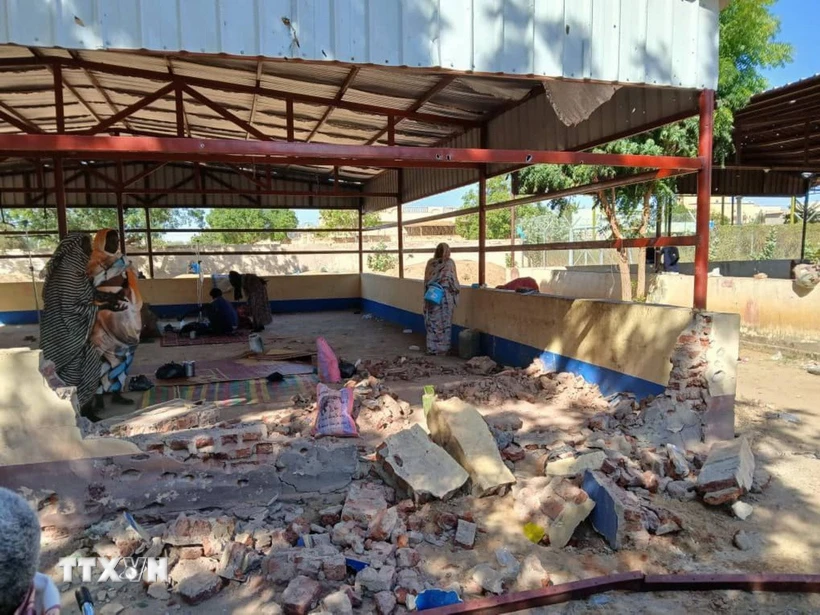

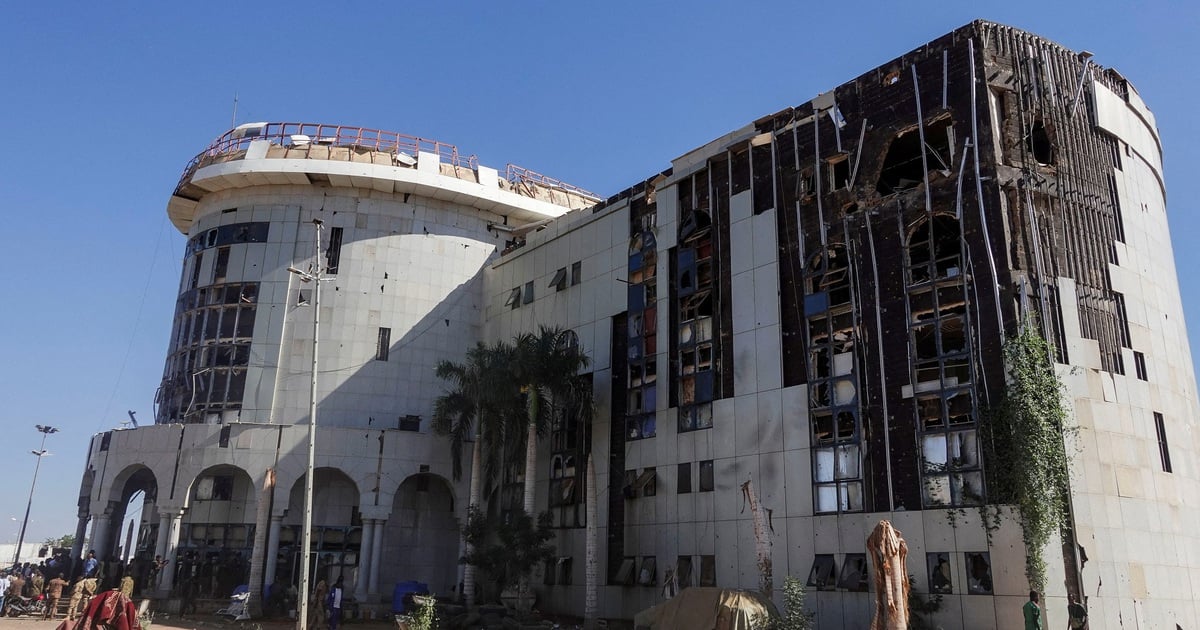

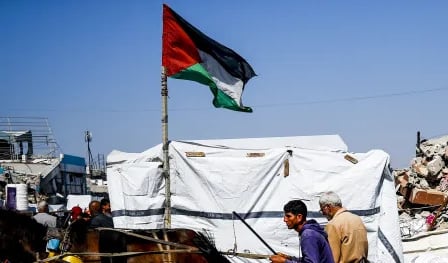
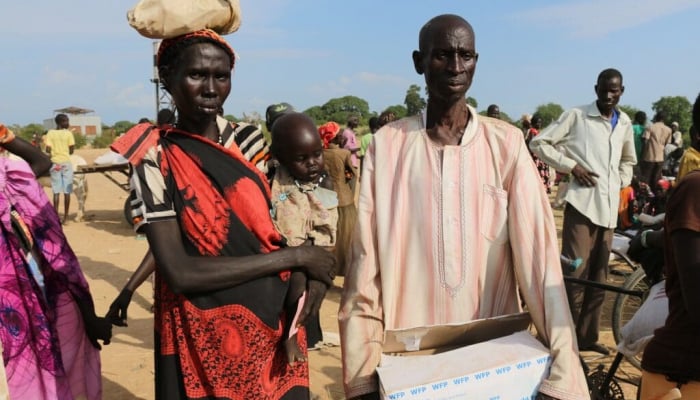
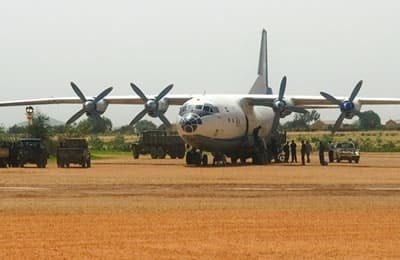

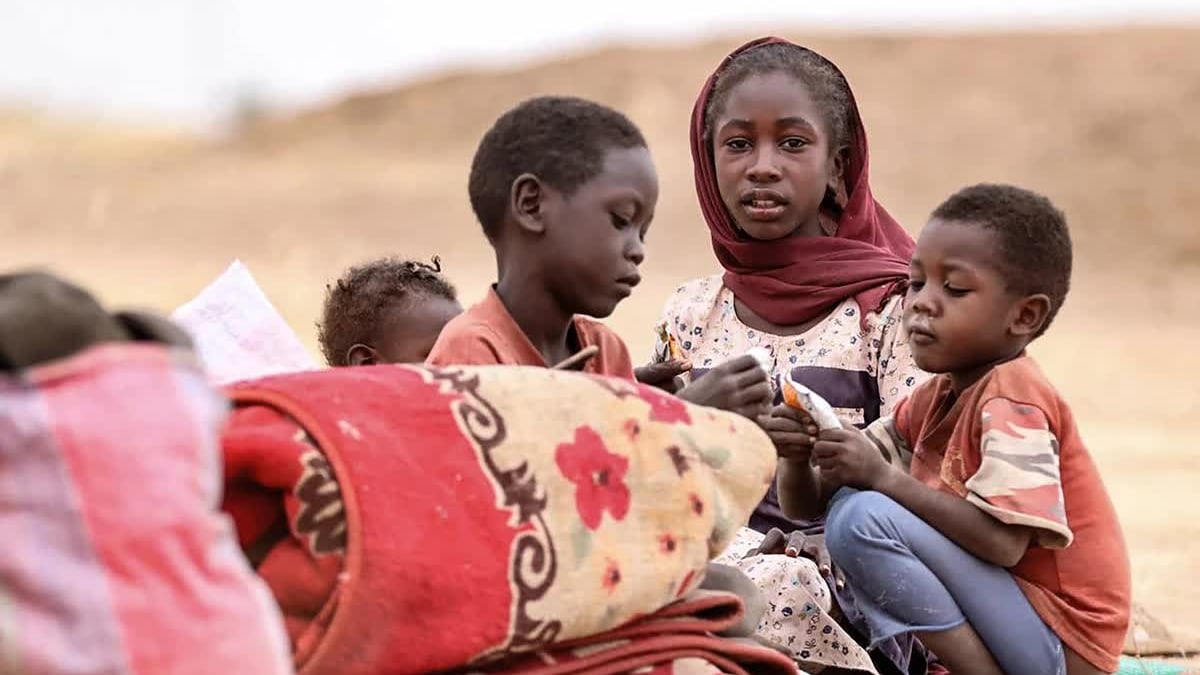


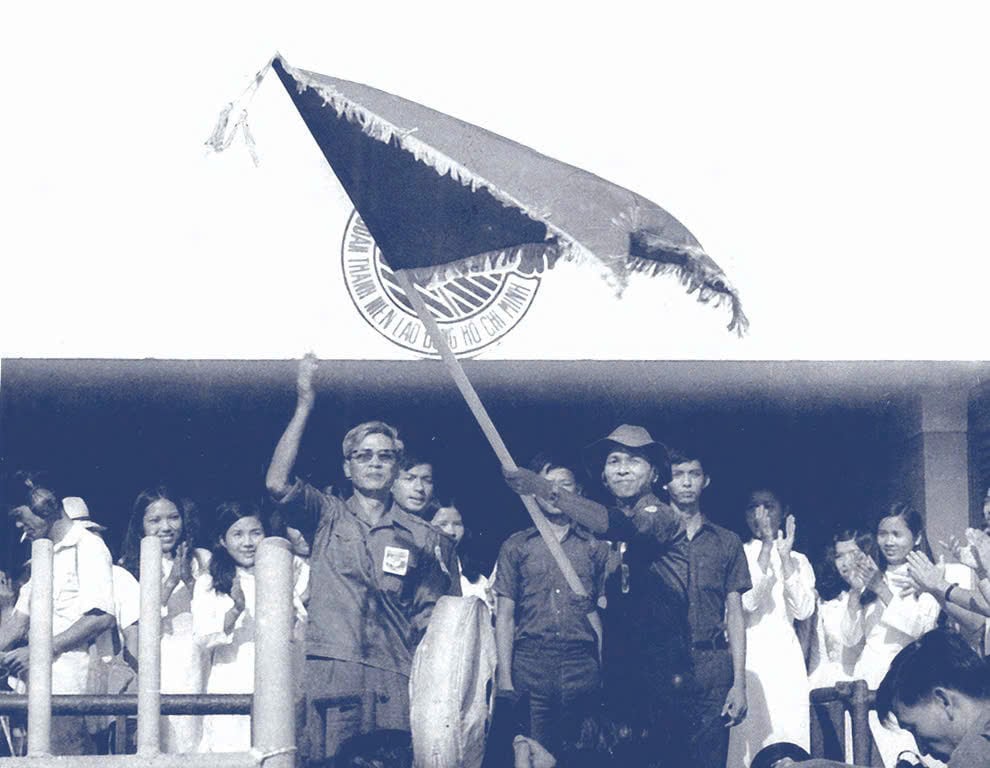
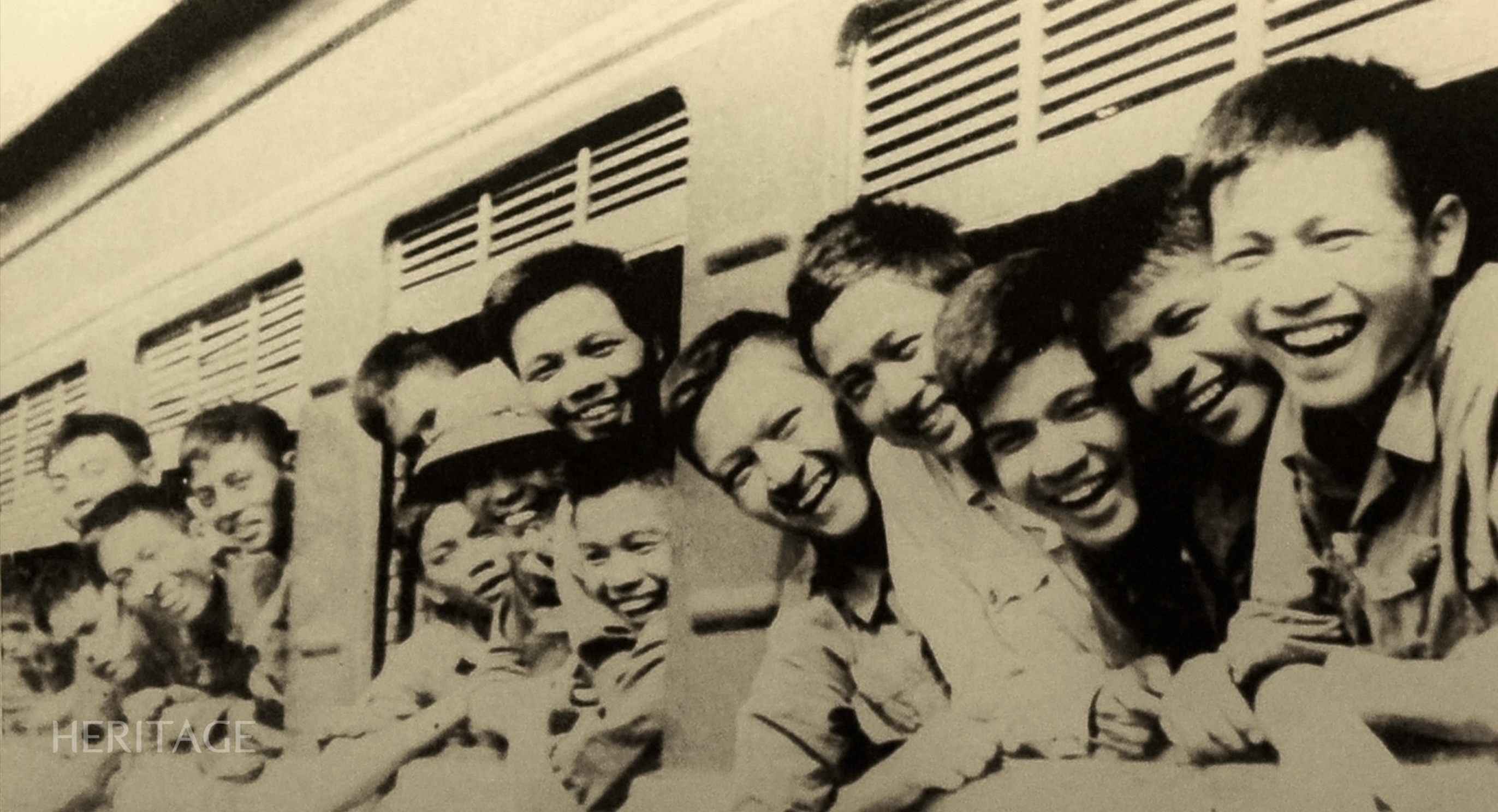
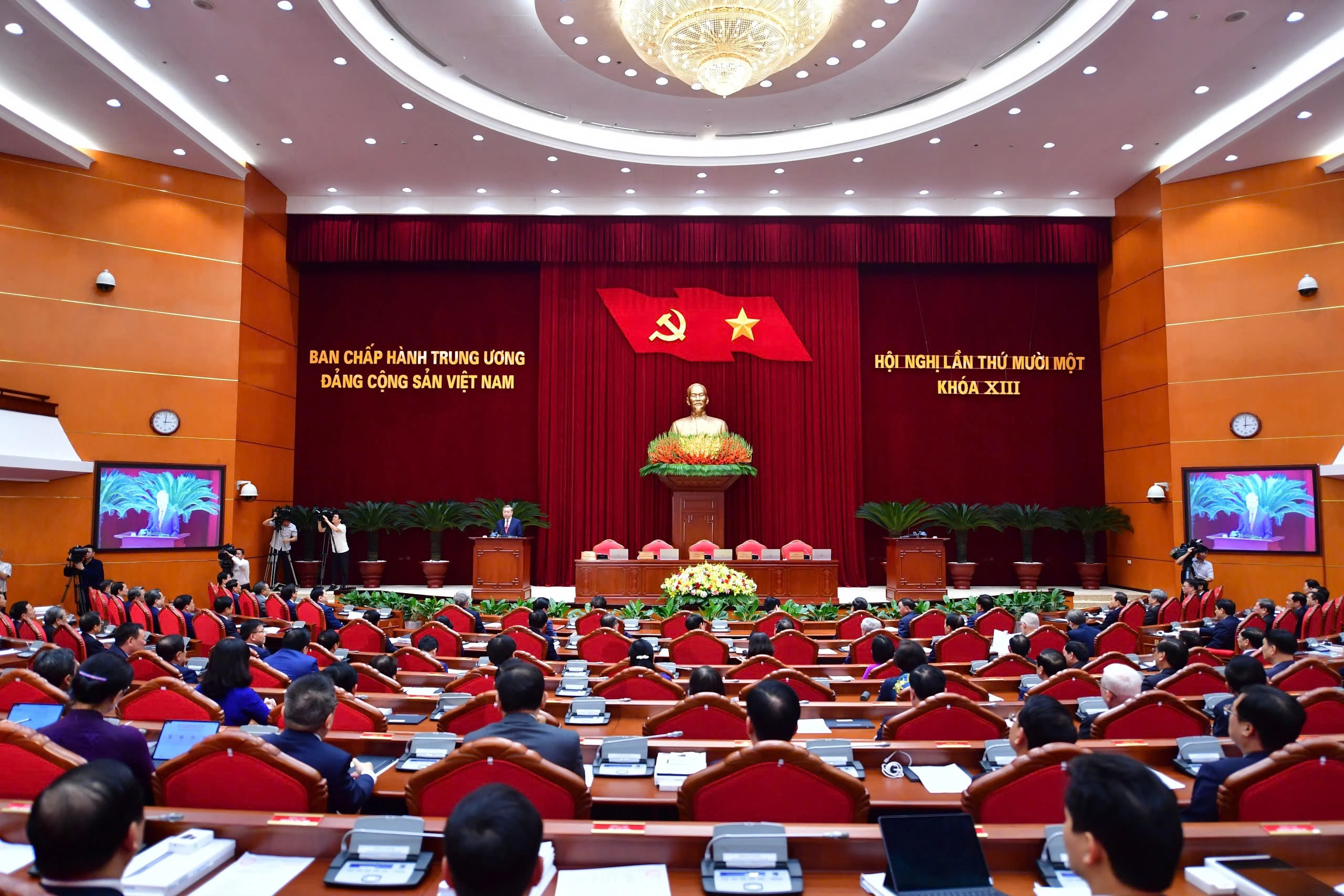












![[Photo] Closing of the 11th Conference of the 13th Central Committee of the Communist Party of Vietnam](https://vstatic.vietnam.vn/vietnam/resource/IMAGE/2025/4/12/114b57fe6e9b4814a5ddfacf6dfe5b7f)











































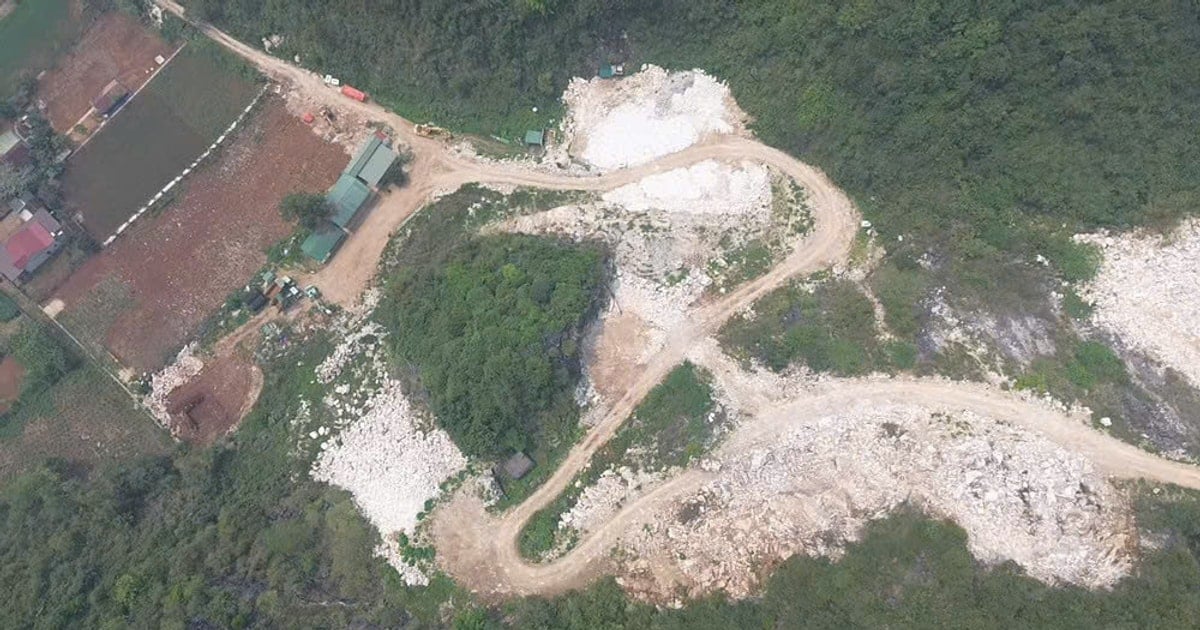



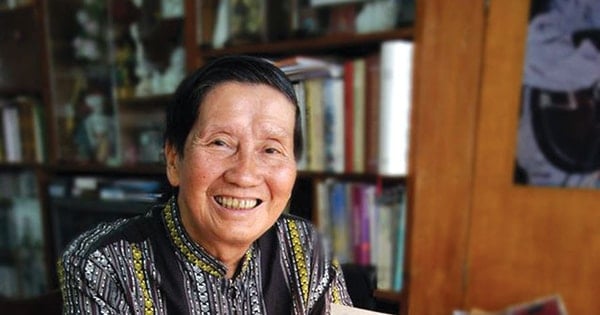

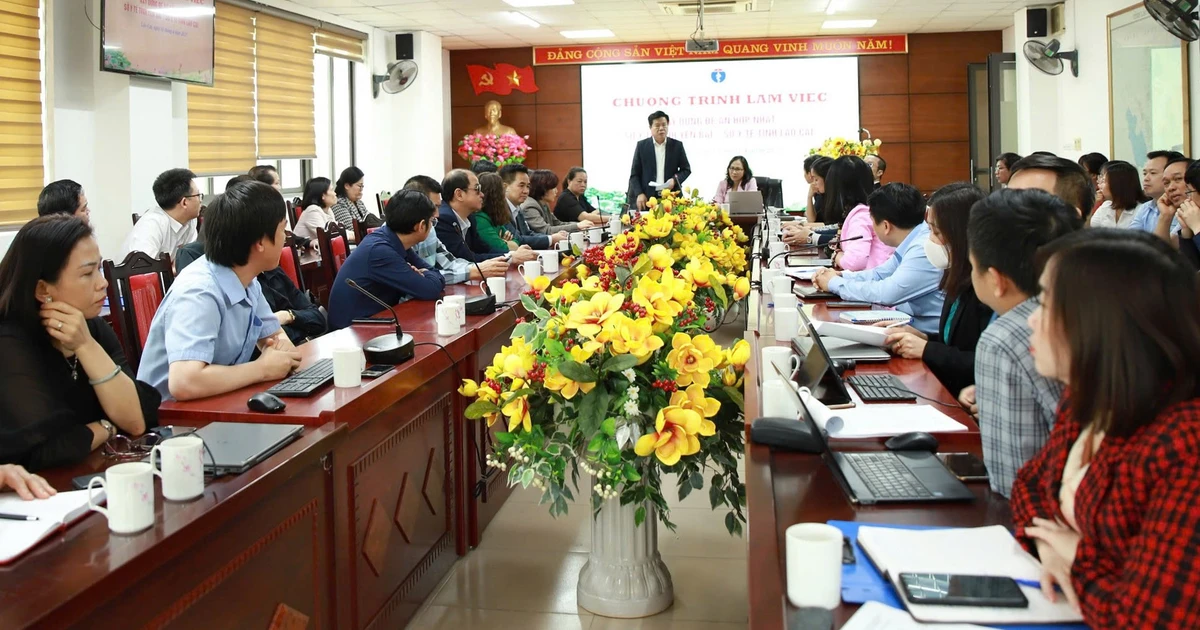













Comment (0)